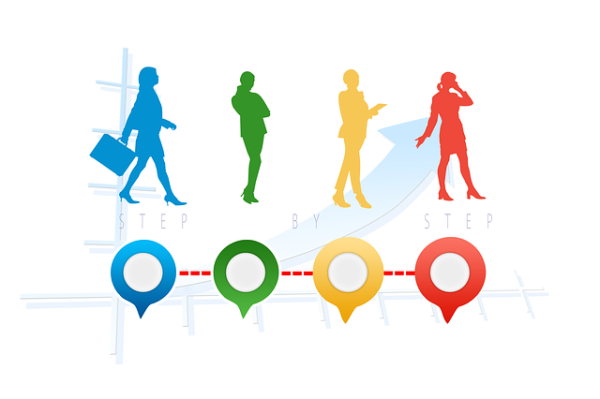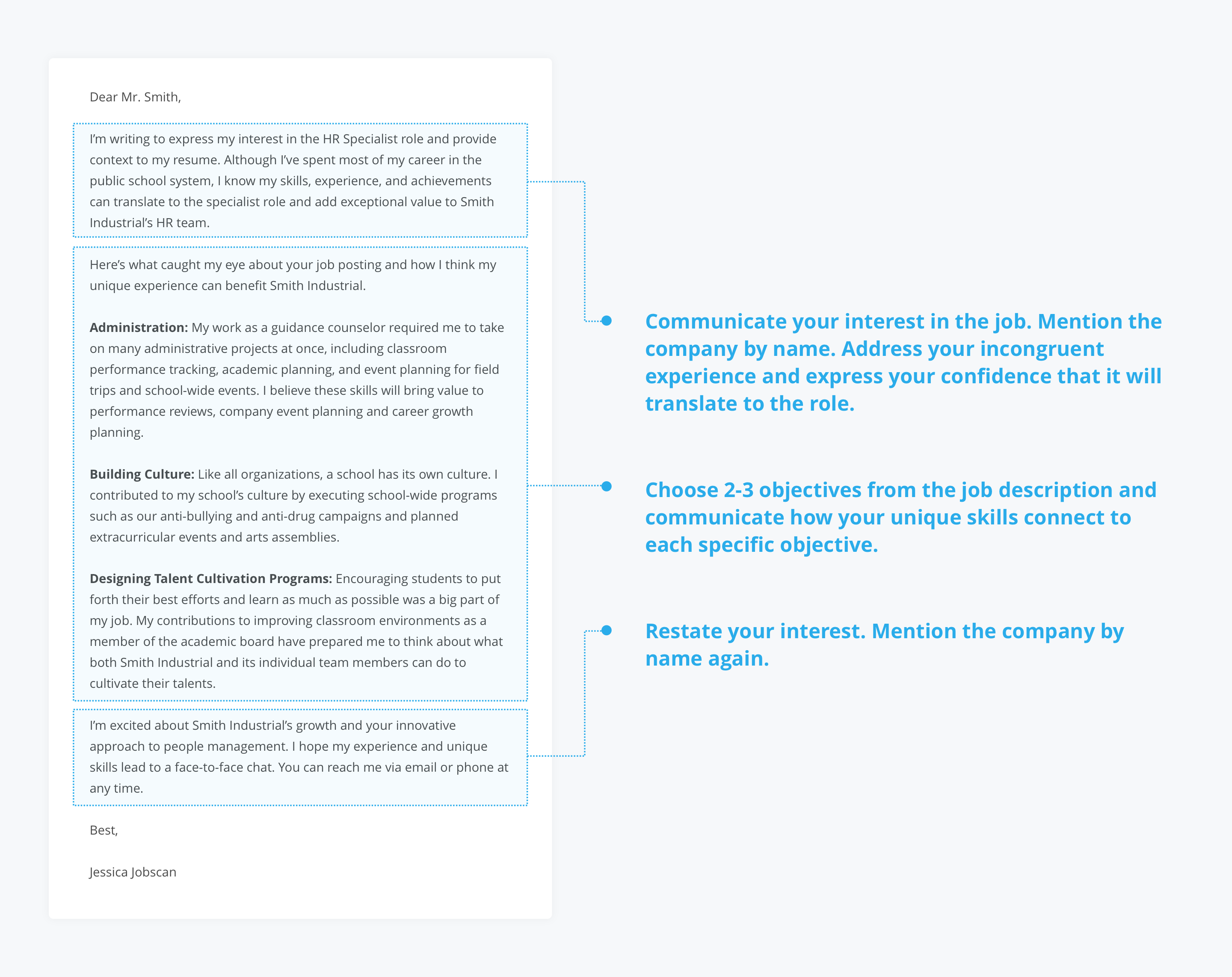
There's no denying that the work history of an individual can change drastically over the course of a lifetime. According to a survey by the Bureau of Labor Statistics, people born between 1957 and 1964 change jobs an average of 5.7 times between the ages of 18 and 24, and two to four times between the ages of 25 and 34. This drop to 2.9 for people between 35 and 44 and 1.9 for those between 45 and 52. This trend does not necessarily mean that career changes are inevitable, since the changes might not be constant.
Gen Z
Gen Z workers possess one of their most valuable traits: their willingness and ability to change careers if they feel it is best for them. In fact, 44 percent of Gen Zers would rather be unemployed than stay in a job they don't enjoy. These traits can be beneficial for both employers and Gen Z employees.
Recent research found that almost 80 percent of Gen Z professionals would be open to a career change in any industry or job function. Half of these young professionals are open to moving to a new place for their new position. A further 20% of Gen Z workers stated that they would consider a job that offers more variety.

Millennials
While some people stick with their jobs for life, others will try a variety of jobs before finding the right one. Many reasons people change careers. Here are a few examples: millennials; baby boomers; and the general populace. Most people don’t like being stuck in the exact same situation for their entire lives.
Many people seek work that is more rewarding and satisfying. Many people are looking for work opportunities in the health, education, or environmental fields. Others may want to change careers in order to make more money. A survey done by the U.S. Bureau of Labor Statistics found that the average worker has changed jobs between five and seven times in their life. This number is likely to increase over the next decades. Moreover, a changing economy is making career changes more likely. People are working longer hours and part-time.
Gen X
The next generation is expected to join the workforce in the coming years. On average, Gen Z and millennial workers will only stay in one job for three years compared to the previous generations. This shift is due in part to the generation they are from and their stage in life. As a result, they will look for more job flexibility, better pay, and better benefits. They aren't likely change their careers as fast as their Gen X counterparts.
Gen Xers value clear expectations and set goals for their work. This keeps them motivated. For example, they may ask multiple questions to gather project requirements and then develop their own plan for accomplishing the project. They may also provide general guidance to team members if needed.

Baby boomers
Many baby boomers are seeking a new career. They are an independent, highly educated group. Many of these people grew up during times of reform, challenging the status quo. They are not afraid of conflict and will challenge the accepted ways of doing things. They are also goal-oriented and committed to their career.
The career opportunities available to baby boomers are numerous. They know what interests them and what kinda contribution they are looking for. You can explore new interests, increase your skills, and have a fresh outlook by changing careers. Additionally, career change gives them time to explore different industries, different locations and different job functions.